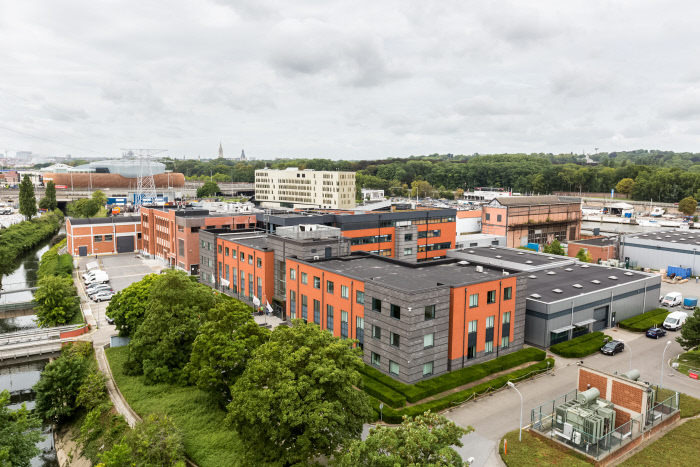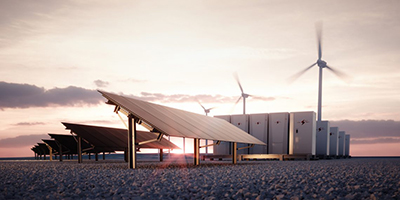27 January 2023
Distributed Flexibility
Elia needs to find alternative sources of flexibility from installations connected to distribution systems in order to ensure grid security in the most cost efficient way.
Why this project
Elia is therefore involved in different projects studying and demonstrating smart ways of exploring flexibility, even for small consumers in the residential sector. We conducted a demo on one of our own buildings: the objective was to control the building’s power consumption by modifying the operation of specific devices to provide flexibility for the power system’s balancing needs. Advanced control algorithms were used in order to provide grid services and help with the operation of the future power system.
Approach
Elia has been one of the most active TSOs in the domain of Demand Response in Europe. A big part of the ancillary services in Belgium is currently covered by Demand Response, mainly from the industrial sector. In order to facilitate further flexibility from demand, Elia has been involved in different projects studying and demonstrating smart ways of exploring flexibility even from small consumers in the residential sector.
Having exploring the industrial and residential sector, Elia wants to facilitate the medium size consumers (tertiary sector) to unlock their flexibility. In order to get an initial feeling of the needs and potential of the tertiary sector, Elia has conducted a demo – using hardware and software provided by our partner Enervalis – on one of its own buildings (on the site of Schaerbeek) that enabled us to assess the controllability of 3 devices: a chiller (4 x 15 kW), an air handling Unit (10kW) and a humidifier (30 kW). Only products R1 and R3 were considered in the tests as target products.
The test showed that the chiller and the humidifier were able to deliver flexibility in an aggregated way, in other words their activation and hold-on times fulfilled R1 & R3 provision requirements. We also acknowledged learnings from the test: the main one being that controllability of the load is not guaranteed. Devices sometimes cannot be curtailed as they are following a given operation schedule and are bound to strong interdependencies with other devices.

Tertiary sector flexibility
This study confirmed that there is an actual flexibility potential from the tertiary sector that cannot be ignored. The next stages of distributed flexibility are being investigated and could help to:
- Reinforce interactions with stakeholders in order to help DSOs to manage congestions or to help BRPs to keep the balance
- Acquire additional expertise in the assessment of potential flexibility of devices and in baselining methods
- Implement lessons previously learned, for example, by choosing a more suitable building with devices that have good operational conditions
- Align with internal targets such as the integration of neutral and standardised balancing products and external opportunities
Results
Further analysis was done in order to assess the potential of a virtual pool of mixed devices to deliver R1 and R3 products. The results have been used as inputs to the business case made for R1 symmetric and for R3. The main finding is that the business case could be negative if we only consider the provision of market services (R1&R3) depending on the market price of the ancillary services. But, on the other hand, a positive business case is expected if we not only consider the remuneration of ancillary services but a whole set of services that can be provided to the consumers by utilities and aggregators.
Finally, a flexibility study carried out by Th!nk-E as part of this demonstration project showed that the flexibility from tertiary buildings could vary from 1.5% to 4.6% of the national peak load. Considering the whole tertiary sector, using a model based on historical data, real load profiles and assumptions, the study showed a load reduction potential for Office buildings and Supermarkets of respectively 383 GWh and 127 GWh.
Partners
 |



